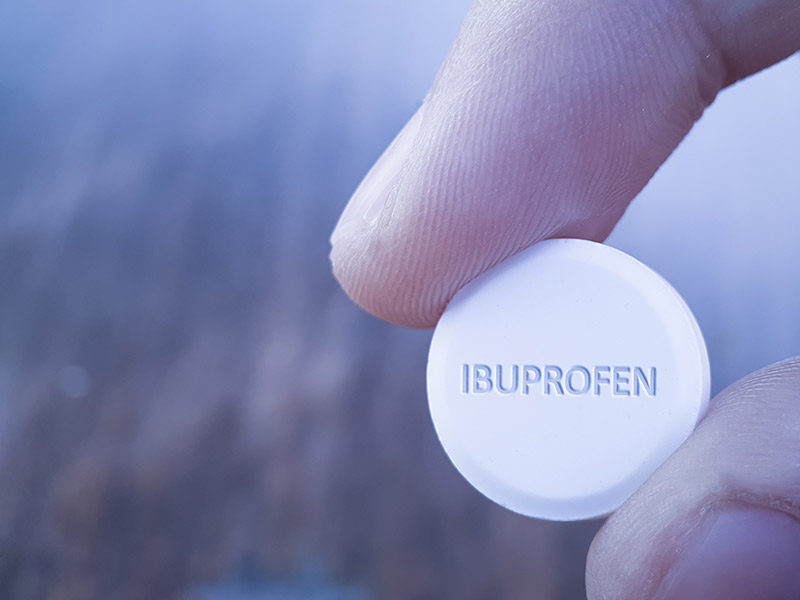
Hip pain can be a very common occurrence for a variety of reasons. It could be the hip joint causing pain or an issue with the muscles, ligaments or tendons wreaking havoc on your body. There could also be diseases and conditions of which cause pain stemming from your hips.
What you should know is that your hips can withstand a lot of pain, wear and tear. Your hip is home to the largest ball and socket joint in your body. There is a cushion of cartilage with the purpose of preventing friction as your hip bone moves within its socket. Over time, this cartilage can begin to break down, causing problems. People have been known to fall down and injure their hips as well. If you are experiencing hip pain, here are some common causes and ways to seek pain relief.
1. Arthritis
Some of the most common types of hip pain are derived from osteoarthritis and rheumatoid arthritis, which typically happens as you get older. When you are diagnosed with arthritis, it can lead to inflammation of the hip joint and it begins to breakdown the cartilage that cushions your joint. Stiffness and pain will set in. Your range of motion reduces and you will begin to yearn for some type of pain relief.
To avoid some forms of arthritis, it is important to stay active and healthy and maintain a good weight.
2. Injury
Additionally with age tends to come injury from falling. Most people can sustain a fall without serious injury, but if your hip bones begin to break down and become brittle, then a fall can be much more serious. As you age, the risk for falling increases because of things like poor eyesight, multiple medications and balance issues. If your hip becomes fractured, you will likely need surgery combined with physical therapy in order to properly use that joint again.
3. Bursitis
Bursitis is inflammation of the bursae. Bursae are tiny, fluid filled sacs that are used to cushion your bones, tendons and muscles near your joints. When these sacs become inflamed they lead to bursitis. When your joint performs a frequent and repetitive motion, bursitis can occur. Some signs of bursitis include feeling achy or stiff, more severe pain when your press on the affected area and it looks red or swollen.
4. Tendinitis
When the tendon becomes inflamed, you are suffering from tendinitis. The tendons in your body are thick, fibrous cords that attach muscle to bone. Repetitive stress and overuse of the tendon can be the cause for blame. It can be accompanied by tenderness, stiffness, restricted movement and mild thickening or swelling near the affected joint.
5. Hip Labral Tear
There is a ring of cartilage called the labrum that surrounds the outside rim of your hip joint socket. The labrum functions as a rubber seal or gasket on your hip joint to help hold the ball at the top of your thigh bone securely within your hip socket. Vigorous sports like hockey, soccer and football can contribute to greater chance for a hip labral tear. Structural abnormalities can also be a factor.
6. Pinched Nerves
Having a pinched nerve, like sciatica, can lead to hip pain. Specifically for sciatica, it is caused by a herniated disk, bone spur on the spine or narrowing of the spine (spinal stenosis). These events lead to inflammation, pain and numbness of the affected leg in conjunction with hip pain.
7. Cancer
Lastly, cancer can be associated with hip pain. Tumors that start in your bones and leukemia can wreak havoc on your hips. Cancer can be complex and not initially diagnosed.
Pain Relief for Hip Related Pain
When your hip pain is related to muscle or tendon strain, arthritis or tendinitis, you can seek relief with over-the-counter pain medications. For example, acetaminophen or an NSAID like ibuprofen or naproxen could solve your problem. For rheumatoid arthritis, additional anti-inflammatory medications like corticosteroids could come into play.
For others, icing the affected area a few times a day for 15 minutes could offer some relief. In addition, resting or heating the area could help too. A warm bath with epsom salts could further help with the pain.
When the pain is severe enough that these little tips and tricks do not offer much pain, then it could be time to seek out a pain specialist. These are doctors trained in the field of pain that can diagnose your condition and offer the best treatment plan available. Always proceed under the direction of a doctor.

Final Thoughts
The causes of hip pain are varied and your outcome for relief will depend on your specific situation and guidance from a medical professional. If you are seeking help from a pain specialist, get in touch with Summa Pain Care today. Help and treatments are available.
Comments are closed.
